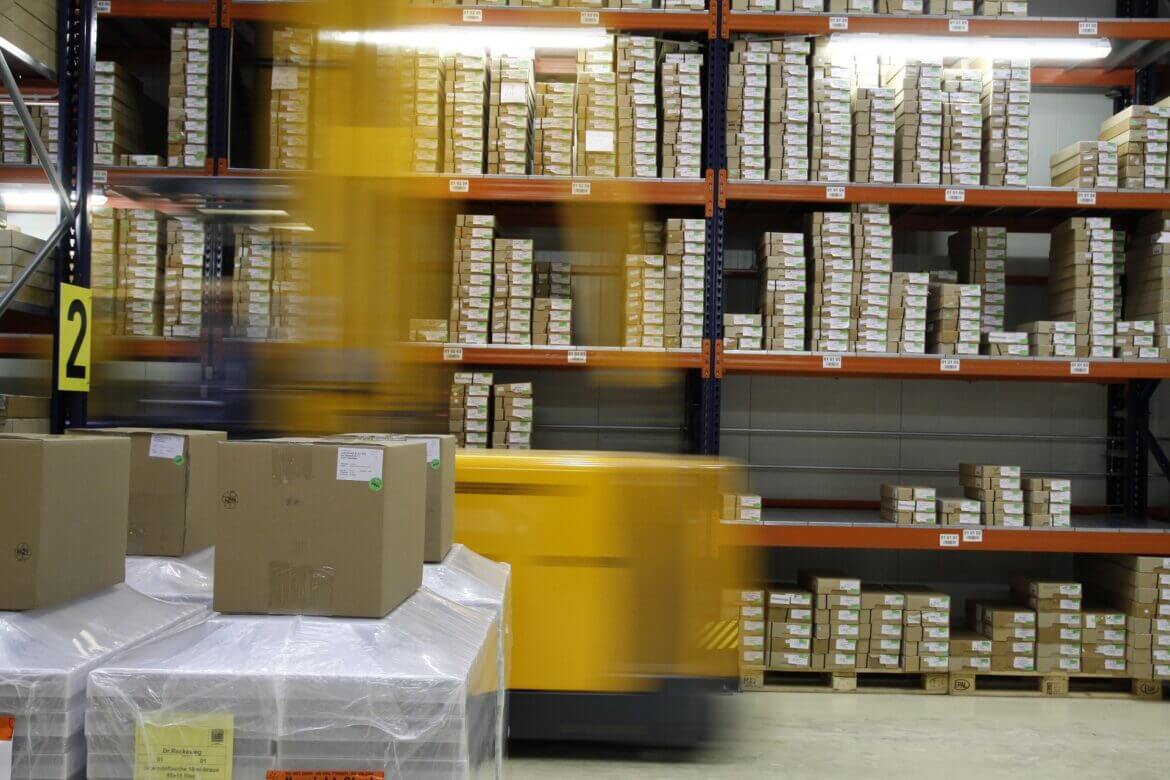Introduction
In the intricate dance of global commerce, supply chain management plays a pivotal role, ensuring products move seamlessly from manufacturer to consumer. The increasing complexity of this landscape has given rise to the growing importance of automation in streamlining processes. At the forefront of this revolution is Artificial Intelligence (AI), a powerful technology reshaping how supply chains operate. In this article, we delve into the fundamental shifts brought about by AI in supply chain automation.
Fundamentals of Artificial Intelligence
Definition and Key Concepts: Artificial Intelligence, often abbreviated as AI, refers to the simulation of human intelligence in machines programmed to think and learn. In the context of supply chain automation, AI encompasses various technologies, including machine learning, natural language processing, and robotics. These technologies enable systems to analyze data, make decisions, and perform tasks with minimal human intervention.
Evolution of AI in Business Processes: The journey of AI in business processes has been marked by continuous evolution. From rule-based systems to more sophisticated machine-learning algorithms, AI has become integral to optimizing operations. In the supply chain, AI-driven solutions adapt to and learn from data, enhancing efficiency and responsiveness.
Applications of AI in Supply Chain Automation
Demand Forecasting and Predictive Analytics: AI transforms demand forecasting by leveraging machine learning algorithms. These algorithms analyze historical data, market trends, and external factors to predict future demand accurately. Real-time data analysis further refines predictions, enabling organizations to proactively manage inventory.
Inventory Management Optimization: Dynamic inventory control is a hallmark of AI in inventory management. Algorithms continuously evaluate demand, adjusting stock levels to prevent both stockouts and overstock situations. This not only ensures product availability but also minimizes holding costs.
Route Optimization and Logistics: AI-driven algorithms revolutionize route planning and logistics. By considering variables like traffic, weather, and order priorities, these algorithms optimize delivery routes. Real-time monitoring allows for instant adjustments, improving delivery speed and reliability.
Warehouse Automation: Robotics and AI collaborate in warehouse operations, enhancing efficiency and accuracy. Automated picking and packing processes driven by AI minimize errors and accelerate order fulfillment. The result is a streamlined warehouse ecosystem that meets the demands of modern logistics.
Supplier Collaboration and Risk Management: AI tools play a crucial role in assessing and mitigating supplier risks. By analyzing vast datasets, AI can predict potential disruptions and assess the financial stability of suppliers. Improved communication and collaboration with suppliers are additional benefits, fostering stronger partnerships.
Benefits of AI in Supply Chain Automation
Increased Operational Efficiency and Speed: One of the primary advantages of AI in supply chain automation is the significant boost in operational efficiency and speed. Automated processes, fueled by AI, operate around the clock without fatigue, ensuring continuous and swift operations.
Enhanced Decision-Making through Data-Driven Insights: AI empowers decision-makers with data-driven insights. By analyzing large datasets in real-time, AI provides valuable information for strategic decision-making. This results in more informed choices that align with organizational goals.
Cost Reduction and Resource Optimization: Automation through AI translates to cost reduction and optimal resource utilization. Tasks that would traditionally require human labor can be automated, minimizing labor costs. Additionally, AI-driven predictive analytics prevent unnecessary expenditures by optimizing inventory and logistics.
Challenges and Considerations
Data Security and Privacy Concerns: As organizations increasingly rely on AI, ensuring the security and privacy of sensitive data becomes paramount. Protecting against cyber threats and adhering to privacy regulations are critical considerations in AI implementation.
Integration with Existing Systems and Legacy Infrastructure: Integrating AI into established systems poses challenges, especially when dealing with legacy infrastructure. Seamless integration requires careful planning to avoid disruptions and maximize the benefits of AI technologies.
Workforce Upskilling and Adaptation to AI Technologies: The introduction of AI necessitates workforce upskilling to align with technological advancements. Training employees to work alongside AI systems and leverage their capabilities is crucial for successful implementation.
Real-world Examples and Case Studies
Showcase Successful Implementations: Several companies have successfully implemented AI in supply chain management. Amazon’s use of AI-powered robots in warehouses and UPS’s optimization of delivery routes through AI are prime examples. These implementations have resulted in increased efficiency and cost savings.
Highlight Positive Outcomes and Lessons Learned: Positive outcomes, such as improved accuracy in demand forecasting, reduced lead times, and enhanced customer satisfaction, showcase the potential benefits of AI. Lessons learned from these implementations guide future endeavors and refine AI applications in the supply chain.
Future Trends and Innovations
Advancements in AI Technologies: The future holds exciting advancements in AI technologies for supply chain automation. Continued improvements in machine learning, natural language processing, and robotics will further elevate the capabilities of AI in optimizing supply chain processes.
Integration with Emerging Technologies: AI’s synergy with emerging technologies like the Internet of Things (IoT) and blockchain promises unparalleled efficiency. Integrating these technologies enhances real-time data visibility, traceability, and overall supply chain transparency.
The Role of AI in Fostering Sustainability and Resilience: AI contributes to sustainability by optimizing routes, reducing energy consumption, and minimizing waste. Additionally, AI aids in building resilient supply chains capable of adapting to unforeseen disruptions, ensuring continuity in operations.
Conclusion
In conclusion, the role of Artificial Intelligence in supply chain automation is transformative. From revolutionizing demand forecasting to optimizing warehouse operations, AI reshapes traditional paradigms. Businesses embracing AI gain a competitive edge in the ever-evolving supply chain landscape. As we look ahead, encouraging a proactive adoption of AI technologies becomes imperative for organizations aspiring to lead in the digital future of supply chain management.


Leave a Reply